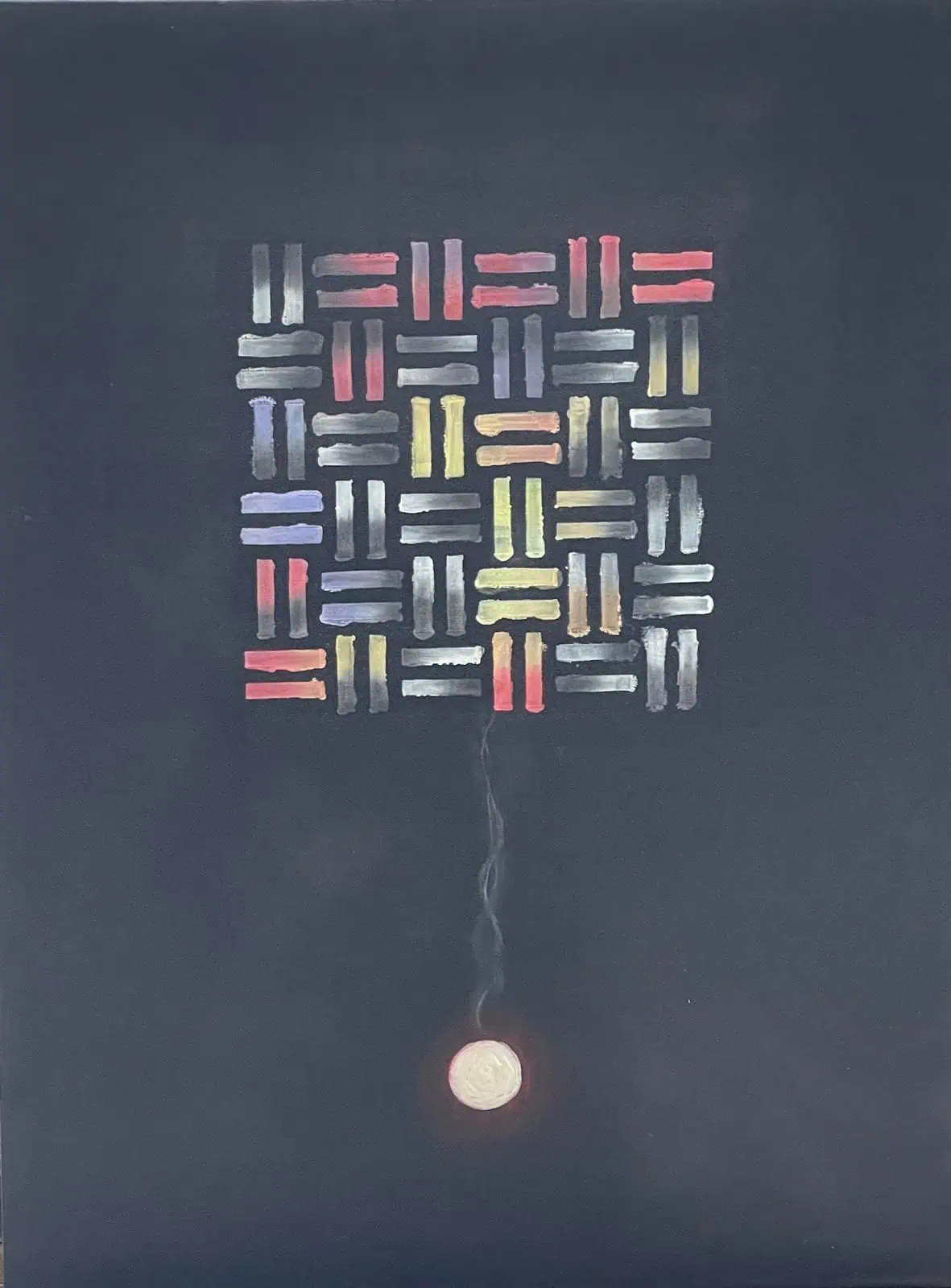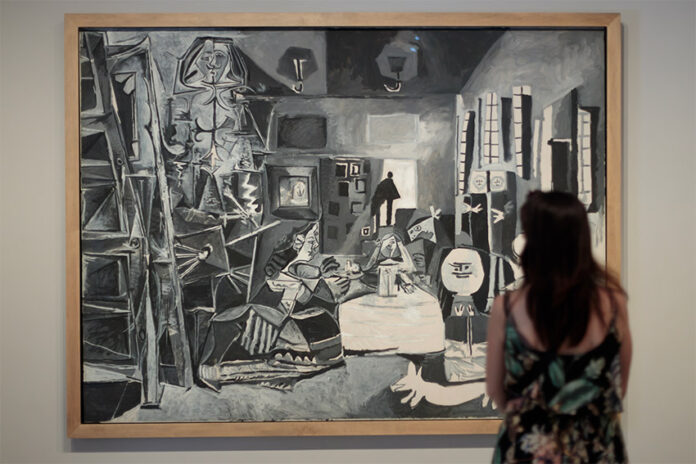In my art classes as a sophomore in college, I always struggled with the work of Picasso. A world famous artist for what? A few lines that even a child can draw? What is so special about him?
My teacher at the time, Michael Croydon, suggested I study the blue and pink periods of Picasso’s work, looking in particular at his draftsman skills before I indulge my irreverence towards his art. So I did. I learned that Picasso was already an amazing draftsman at age 13, having started his formal training at age 7 under his father and achieving mastery over line, form and medium at a very early age.
His early works were complex and detailed, but as he matured, he stripped away the superfluous, distilling his art to its most essential elements. This process of reduction, however, was far from easy. It required a deep understanding of form, color and composition, as well as the courage to break from conventional artistic norms. In fact, Picasso once famously said, “Art is the elimination of the unnecessary.” This profound statement encapsulates the essence of simplicity in art and life.
The trouble with simplicity
The difficulty of simplicity extends far beyond the realm of art. In various aspects of human life, we often find that the simplest solutions are the hardest to achieve. For me personally, 2025 is the start of really pushing this concept of simplicity in my daily life. It is not easy — in fact, I am quickly learning that simple is really, really hard.
Simplicity and work
Simplicity translates to focus at work — deciding what to do and what not do. When I was a child, I had no idea what I wanted to be when I grew up. I followed a process of elimination, thereby limiting my choices. I followed this same principle in college while picking classes, my majors, and the kind of roles I was looking for in my professional career.
Today, I realize that this clarity of thought is one of the biggest gifts in life. For the last few years, living in Mexico, I have added something to the “process of elimination” by asking: What brings me the most joy?

The answer is clear: I want to do cool sh*t with great people. That’s it.
Working on our product platform at Mexico News Daily allows me to do that. Once the “what” is clear, I have begun to learn to let go of the “how” it happens. In part, it is out of my strong belief that if one’s intention is pure, the universe conspires to help.
The catch, however, is that I need to find this joy in the daily process and not just wait for a “grand outcome.” This requires a totally different mindset. What I was used to doing mechanically in the past, now, I have to learn to be more present. I have had to switch my mindset to “I get to do this” instead of “I have to do this.” It’s so simple and yet, so hard for me. It is a daily practice for me personally and we work very hard to apply it to the culture of our team and what we do at Mexico News Daily.
Simplicity and the mind
To achieve clarity around my intention, I have had to declutter my mind and focus on my inner voice. This has meant not worrying about anyone else’s opinions, not comparing myself to anyone else, and not competing with anyone else. It means ignoring that little voice in my head that is looking for external validation or support.
This process is forcing me to go deeper into myself in search of becoming the best version of myself. It is a lot harder than you would think, because it starts with being truly honest regarding my life choices, my actions, my aspirations, my mistakes, my learnings, etc. However, a surprising outcome of this process has been allowing myself to let go of the past and make space for the future, while learning to live in the present.
This has been very refreshing and rewarding because it allows me to start a new day each and every day — not carrying the burden of what/who I was yesterday. The mental shift makes every day much lighter. It is teaching me compassion, and to be kinder to myself and others. I have to get better at being less judgmental of myself and others, but that is a discipline that takes time and consistency. It is progress — not perfection — that matters.
I love reading and I have read a few really great books in this past year that have helped me stay on this path to declutter my mind. To quote a recent book that deeply resonated with me: “We judge other people by their actions, not intentions — but we judge ourselves by intentions and not our actions.”
Simplicity at home
In the living environment of our home, we have embraced minimalism in things and maximalism in plants. Having a de-cluttered space is an intentional decision we made after moving to Mexico. Living here, I am forever grateful for having access to plants, flowers and sunlight.
Surprisingly, I also find that my urge to buy things to decorate our home has diminished. I am able to appreciate a beautiful piece of art or furniture in a gallery, without feeling that I need to own it. Perhaps, as I dedicate more time to painting, that creative process is supplanting my need to acquire things. In other words, I am learning to find richness in the environment around me that somehow fulfills my need to want to possess things.
Simplicity in art
I am learning how to interpret simplicity here. While I love the play of lines of a Matisse or Picasso, I also love the colors and complexity of Diego Rivera, where simplicity is an outcome of depth created though many layers and rich composition of symbolism and history. This frame of mind has prompted an evolution in my own art over the past year — in my choices of colors, forms and themes. I am playing around with using very few colors, instead using shades and tints to create a composition and focus. This is teaching me how to evoke a mood; how a piece of art can help transport the viewer instantaneously. This goes back to the process of elimination and simplicity.
Simple is hard. It requires clarity, focus and discipline. Above all, it requires awareness and courage. In my professional career, a friend of mine once offered a great analogy: “I didn’t have the time to write you a short letter so I wrote you a long one instead.” This example sums is up quite nicely the concept of essence over excess.
However, achieving this state of simplicity in all aspects of life is no easy task. It requires constant effort, self-reflection, and the courage to go against the grain of many societal norms. In my own journey, I have started asking myself: Would I do that if no one was watching? If the answer is yes, then it is the right path — no matter how difficult it may be. Like Picasso’s artistic journey, the path to a simpler, more fulfilling life is one of continuous refinement and intentional choice.
More from Tamanna on MND:
Becoming a kid again: How Mexico has unleashed my inner childhood superhero
Mexico and mental health: Exploring the power of traditions and faith
3 things I learned from moving to Mexico and buying a business
Tamanna Bembenek was born in India, studied and worked in the U.S. and now lives in Mexico with her husband, Travis. They are the co-owners of Mexico News Daily.
